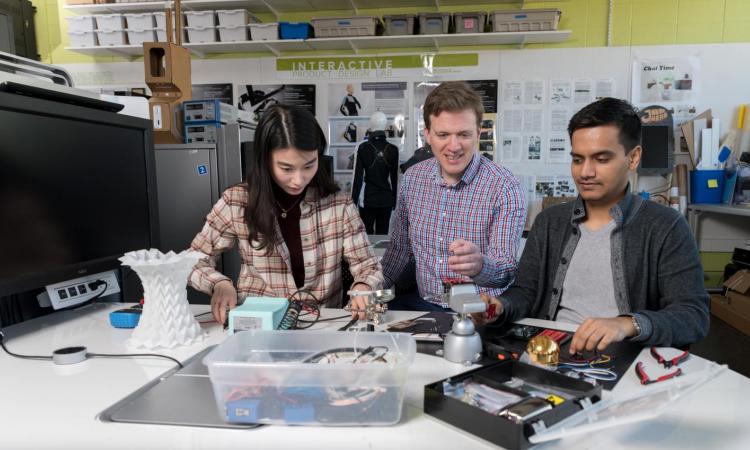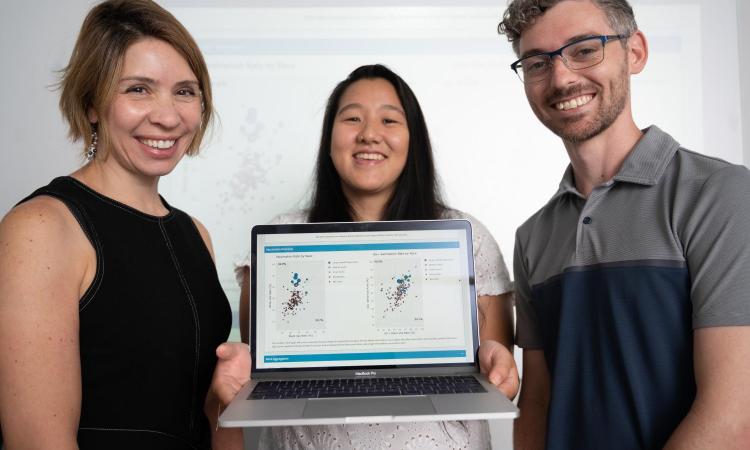Engineering Accreditation Commission
The Industrial Engineering (B.S.) program is accredited by the Engineering Accreditation Commission of ABET, https://www.abet.org, under the General Criteria and the Program Criteria for Industrial Engineering and Similarly Named Engineering Programs
(text and background only visible when logged in)
Southern Association of Colleges and Schools Commission
The Georgia Institute of Technology is accredited by the Southern Association of Colleges and Schools Commission on Colleges to award baccalaureate, masters, and doctoral degrees. Contact the Southern Association of Colleges and Schools Commission on Colleges at 1866 Southern Lane, Decatur, Georgia 30033-4097, telephone 404-679-4500, www.sacscoc.org for questions about the accreditation of the Georgia Institute of Technology.
Bachelor of Science in Industrial Engineering

Program Educational Objectives
The Stewart School of Industrial and Systems Engineering expects our graduates (in 3 to 6 years):
- To become successful Industrial Engineers
- To take leadership in their endeavors
- To be self-learners and starters
- To succeed in professional and educational advancement

Student Outcomes
Upon graduation, the students will have obtained:
- an ability to identify, formulate, and solve complex engineering problems by applying principles of engineering, science, and mathematics;
- an ability to apply engineering design to produce solutions that meet specified needs with consideration of public health, safety, and welfare, as well as global, cultural, social, environmental, and economic factors;
- an ability to communicate effectively with a range of audiences;
- an ability to recognize ethical and professional responsibilities in engineering situations and make informed judgments, which must consider the impact of engineering solutions in global, economic, environmental, and societal contexts;
- an ability to function effectively on a team whose members together provide leadership, create a collaborative and inclusive environment, establish goals, plan tasks, and meet objectives;
- an ability to develop and conduct appropriate experimentation, analyze and interpret data, and use engineering judgment to draw conclusions;
- an ability to acquire and apply new knowledge as needed, using appropriate learning strategies.
